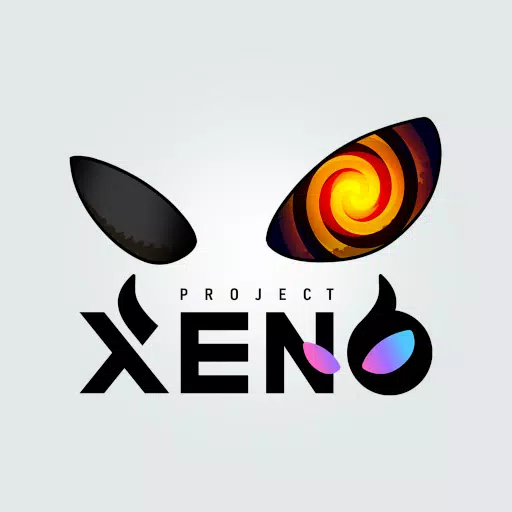
California's New Law Requires Digital Game Stores to Clarify Ownership
A new California law mandates greater transparency from digital game stores like Steam and Epic Games regarding game ownership. Effective next year, AB 2426 requires these platforms to clearly state whether a purchase grants ownership or merely a license to use the game. The law aims to combat misleading advertising of digital goods, ensuring consumers understand they may not possess unrestricted ownership even after purchasing a game.
The legislation specifies that clear and conspicuous language must be used to inform consumers, employing techniques like larger font sizes, contrasting colors, or distinct visual separators to highlight the licensing nature of the transaction. Failure to comply could result in civil penalties or misdemeanor charges for false advertising. The law explicitly prohibits the use of terms like "buy" or "purchase" without explicit clarification if the transaction doesn't convey unrestricted ownership.
Assemblymember Jacqui Irwin emphasized the importance of consumer protection in the shift towards a digital-only marketplace. She highlighted the common misconception that purchasing digital goods equates to permanent ownership, similar to physical media. The law aims to rectify this misunderstanding by requiring sellers to clearly delineate the limitations of their digital licenses.
However, the law's implications for subscription services like Game Pass remain unclear. The legislation doesn't address subscription models or the implications for offline game copies, leaving some aspects undefined. This ambiguity follows recent controversies where gaming companies have removed access to games, raising concerns about consumer rights. While some argue that consumers should adapt to the concept of not "owning" games in the traditional sense, the law prioritizes transparency and informed consumer choices. The law's focus is on ensuring that consumers fully grasp the nature of their transactions before making a purchase.















